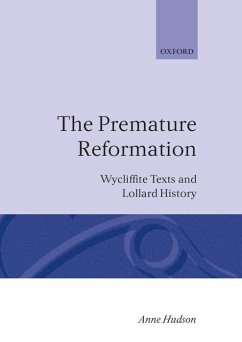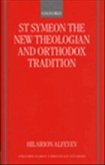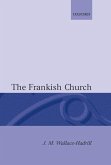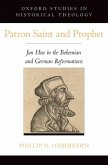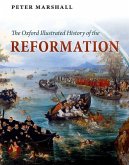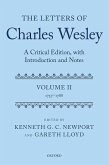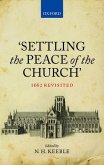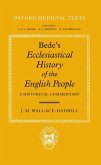Lollardy, the movement deriving from the ideas of John Wyclif at the end of the fourteenth century, was the only heresy that affected medieval England. The history of the movement has been written hitherto largely from accounts and documents put together by its enemies which, as well as being hostile, distort and simplify the views, methods, and developments of Lollardy. This new study represents the most complete account yet of the movement that anticipated many of the ideas and demands of the sixteenth- and seventeenth-century reformers and puritans. For the first time, it brings together the evidence concerning Lollardy from all sources: texts composed or assembled by its adherents, episcopal records, chronicles, and tracts written against Wyclif and his followers by polemicists. In the light of all this evidence a more coherent picture can be drawn of the movement; the reasoning that lay behind radical opinions put forward by Wyclif's disciples can be discerned, and the concern shown by the ecclesiastical authorities can be seen to have been justified.
This is the most complete account yet of Lollardy, the medieval English heretical movement derived from the ideas of John Wyclif that anticipated many of the ideas and demands of sixteenth- and seventeenth-century reformers and Puritans. Considering new evidence--such as texts composed or assembled by adherents of Lollardy, episcopal records, chronicles, and tracts written against Wyclif and his followers--Hudson offers an exceptionally coherent picture of the movement, sheds new light on the reasoning that lay behind the radical opinions of Wyclif's disciples, and demonstrates that the concern shown by ecclesiastical authorities may have been justified.
Hinweis: Dieser Artikel kann nur an eine deutsche Lieferadresse ausgeliefert werden.
This is the most complete account yet of Lollardy, the medieval English heretical movement derived from the ideas of John Wyclif that anticipated many of the ideas and demands of sixteenth- and seventeenth-century reformers and Puritans. Considering new evidence--such as texts composed or assembled by adherents of Lollardy, episcopal records, chronicles, and tracts written against Wyclif and his followers--Hudson offers an exceptionally coherent picture of the movement, sheds new light on the reasoning that lay behind the radical opinions of Wyclif's disciples, and demonstrates that the concern shown by ecclesiastical authorities may have been justified.
Hinweis: Dieser Artikel kann nur an eine deutsche Lieferadresse ausgeliefert werden.

